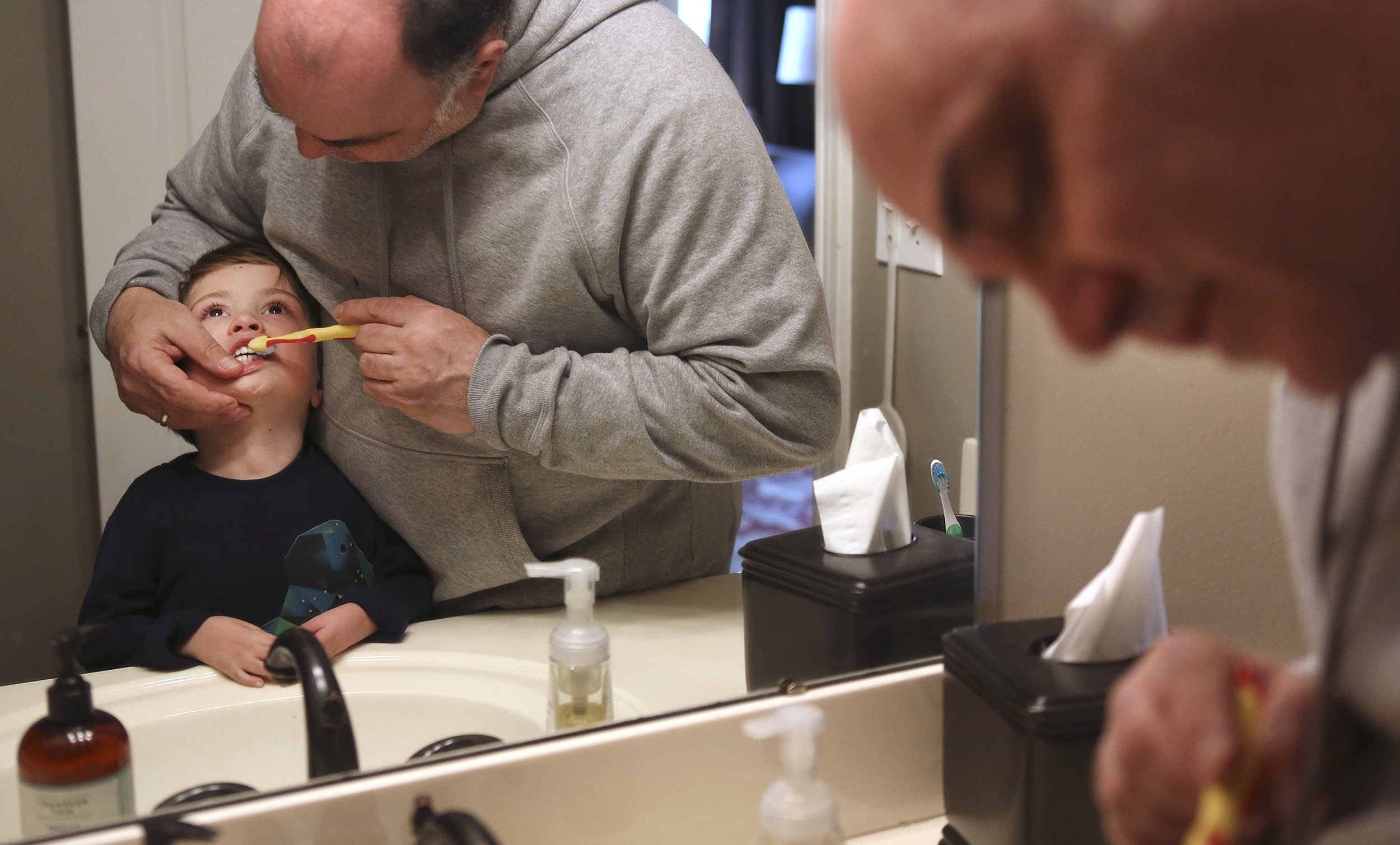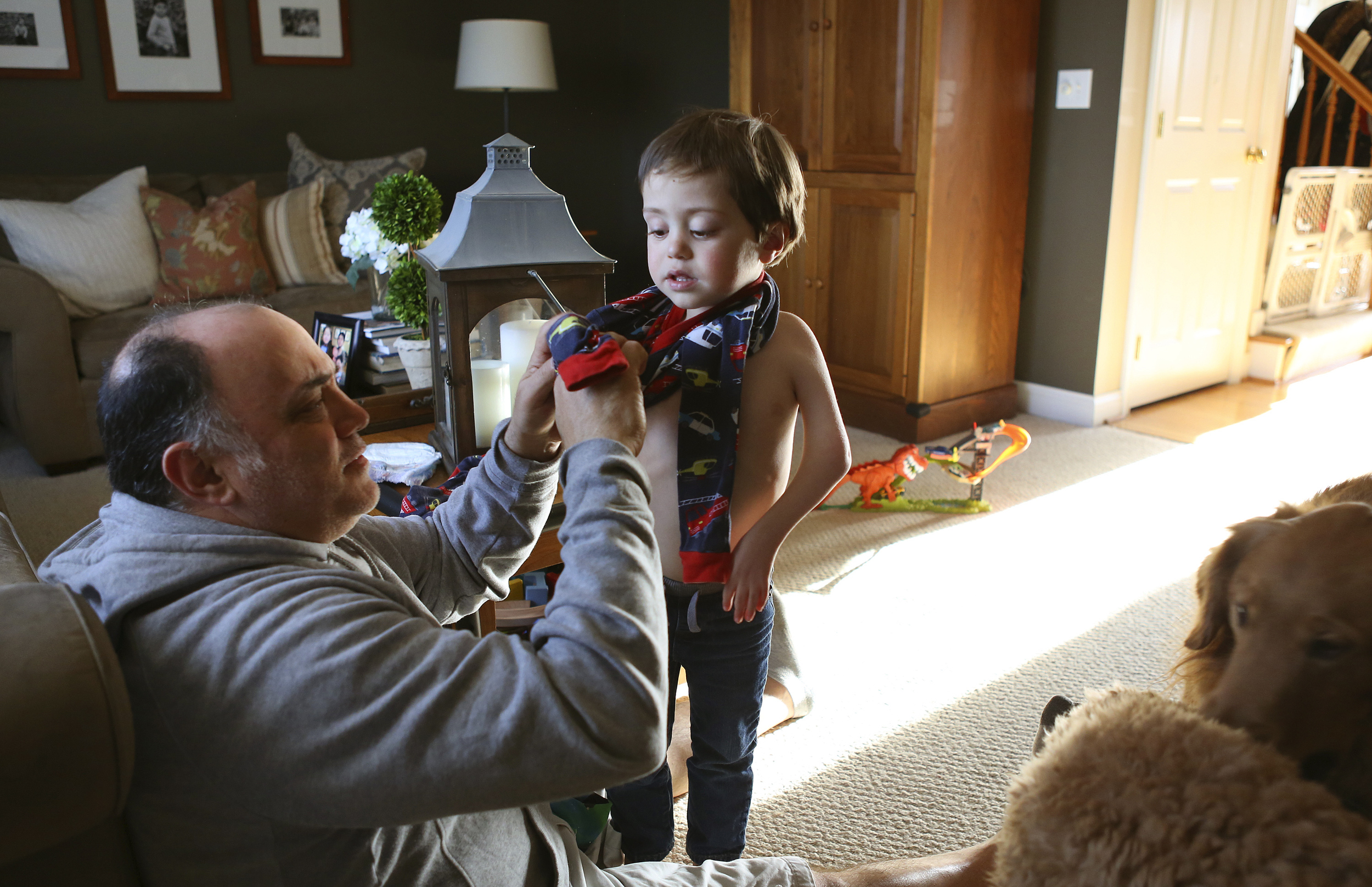A happy, bright light
Central Ohio boy cheerfully navigates his world despite unusable arms
Story by Holly Zachariah
Photos by Jonathan Quilter
The delivery-room nurses gathered around the warmer to quickly clean and swaddle the 7-pound, 5-ounce newborn with the full head of dark hair and rush him right back to his parents.
But they lingered.
Mark Ranalli, in that hospital room as a father, yes, but also a doctor himself, paid attention. He wandered closer.
Mark looked down into the scrunched-up face of his baby boy. And then he noticed his son's arms. They were still, limp, and seemed just a tad too small. The noises of the hospital — the beeps of equipment, the hushed conversations, the shuffling of papers — faded away as he stood there gazing down.
"I stroked him," Mark says of baby Marco. "I loved on him for a few minutes and then I tried to figure out how to tell Amy, in some unalarming way, that something was wrong."
He didn’t. Not right away anyhow. He laid Marco on his mother’s chest and he watched them together.
"Mark gave me 10 minutes. That was the only 10 minutes I had in Marco’s life with no worries," Amy Ranalli recalls. "He gave me a few moments before our life, and everything in it, went sideways."
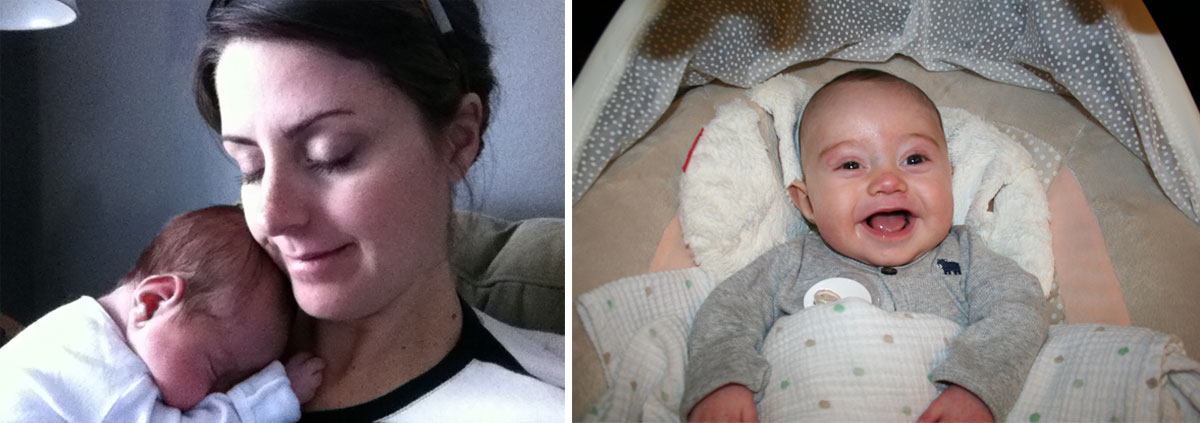
Mystery condition
Amy sits on the kitchen floor of the family’s rural Westerville home and pulls Marco down, wedging him fairly unsuccessfully between her legs, trying to keep him still, as she pulls on the shin guards and cleats — all hand-me-downs from his brothers, 11-year-old Nico and 9-year-old Rocco, whom Grandma had just whisked away to their own evening practices.
Only minutes away from his very first soccer practice, 4-year-old Marco can’t stay focused. "Mommy. I might win! I might do a goal!" he says in one breath as she gives the first shoe a tug.
Amy laughs, wrestles him a little closer, ties the second shoe. "It’s not a real game. It’s just practice."
Undeterred, Marco chatters on. "Mooooooommmmmy. I might WIN!"
When she smiles down at him, her son can't see the worry in her eyes. But he feels it. Amy is nervous today. Marco picks up on that as she tells him to be extra careful walking on the hardwood floor in those cleats.
His smile disappears. "Will I fall Mommy? Can I fall? Will I hit my head?" He looks up to her for assurance.
"Marco. You’ll be fine," she says. But anyone who knows Amy can tell that, for a fraction of a second, she wasn't so sure.
It was a rare but honest moment in the life of a family who works every minute of every day to collectively build the confidence of a little boy who is constantly joyful, disarmingly charming, and navigating a world that simply wasn't made for him.
For Marco, hitting his head is a real risk because he has no way to break his fall.
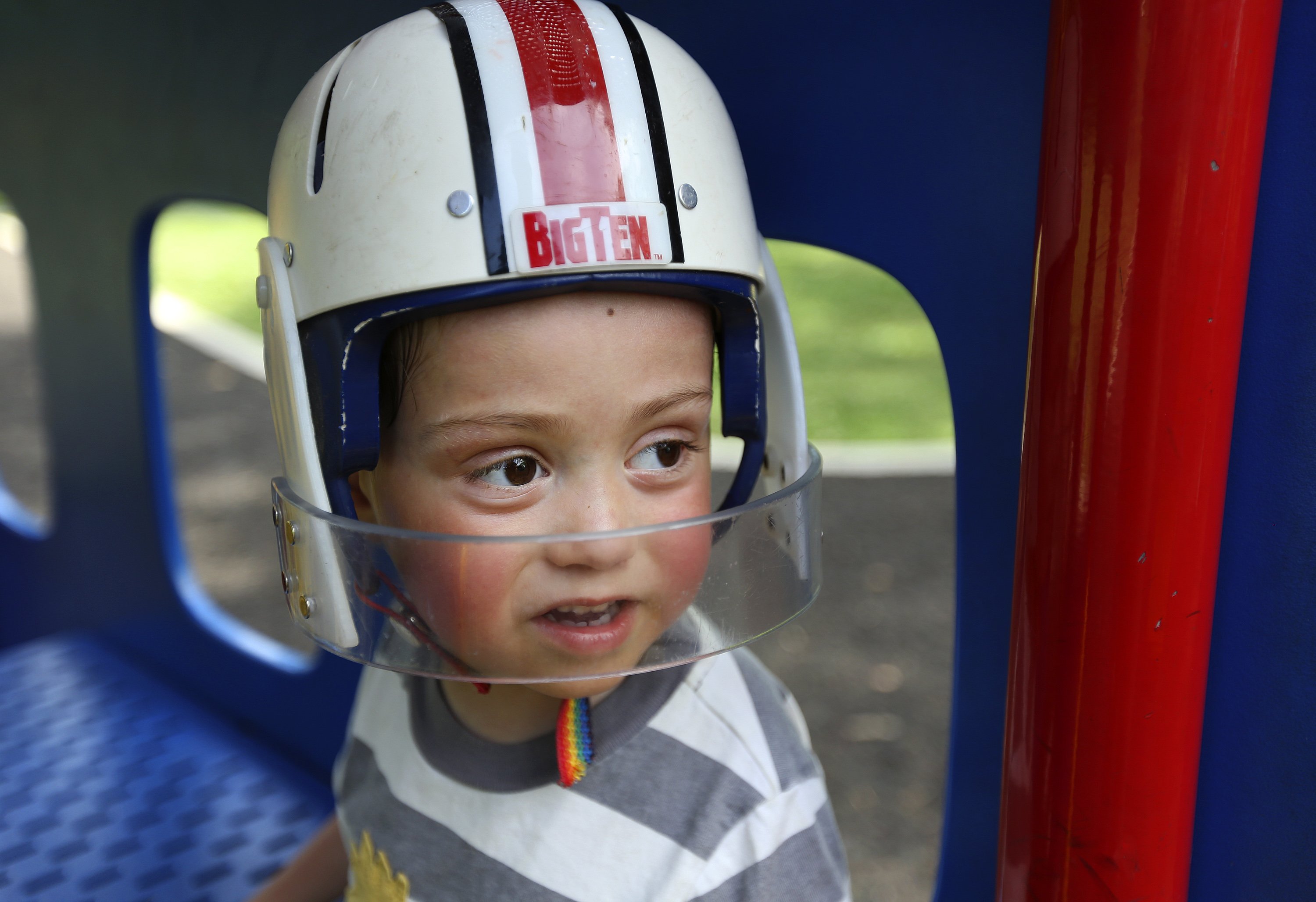
This is life in the Ranalli household, life where the youngest child can't use his arms — not in the traditional way anyhow. They are there, sure, but of little use. Swinging, floppy appendages, like untied shoestrings hanging from the top of a work boot.
Something unexplained happened in utero during an outwardly normal and healthy pregnancy — "an event," doctors called it — that prevented Marco’s motor neurons to his arms from firing. And with no stimulus, muscles never formed. Where there should be muscles, there is only fat.
There is no syndrome name, no diagnosis despite the best researchers at Nationwide Children's Hospital, where Mark is a pediatric oncologist/hematologist, looking for one. The good news is that it is not degenerative, and Marco is otherwise healthy. (He is missing four toes on his right foot, but that cause was plain: The foot got tangled in strings that had escaped from the amniotic sac). His doctors say he has above-average intelligence, and both his happy-go-lucky attitude and determination are off every chart.
"Marco is like a happy, bright light in the world," says his pediatrician, Dr. Mary-Lynn Niland. "He always has a smile on his face, full of positivity and persistence."
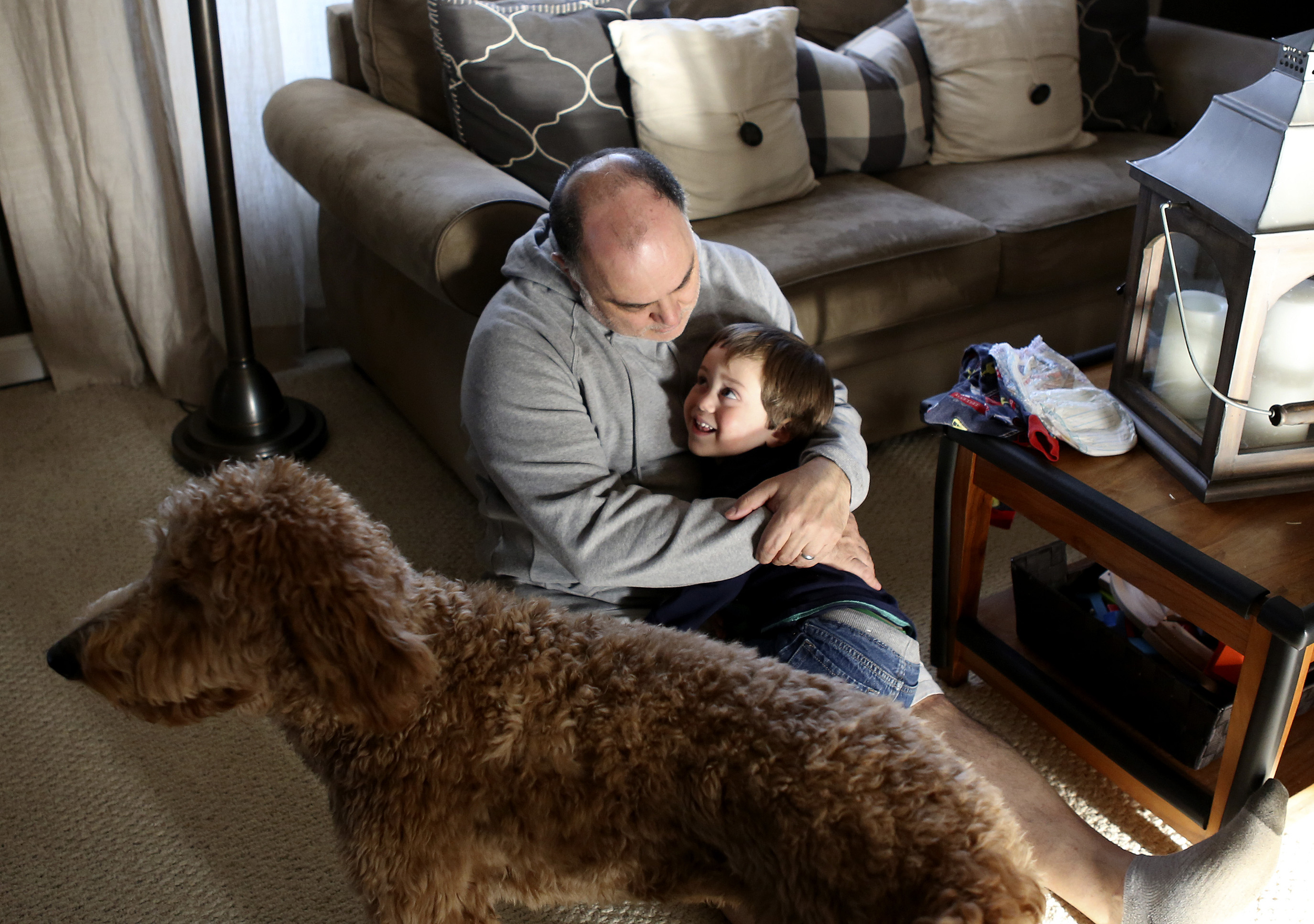
She never ceases being amazed at how he has adapted to his disability.
"I walk in the office and he'll be turning the pages of a book with his feet," says Niland, of Step By Step Pediatrics in Westerville. "I never stop and think, 'I wonder what can’t he do?' I always think before I see him, 'I wonder what Marco is doing now?'"
She says the more the world treats kids like Marco equally, the better off they will be. To help with that, her office was among the first contributors to the fundraising campaign that Amy is leading to build a $135,000 all-inclusive, handicapped-accessible, community playground at Marco’s Hylen Souders Elementary School in Delaware County's Big Walnut School District.
"There is natural segregation that goes on when kids cannot play together," Niland says. "This playground project minimizes differences. Kids like Marco think, ‘I can play here like everyone else.’ They don’t see themselves as so different."
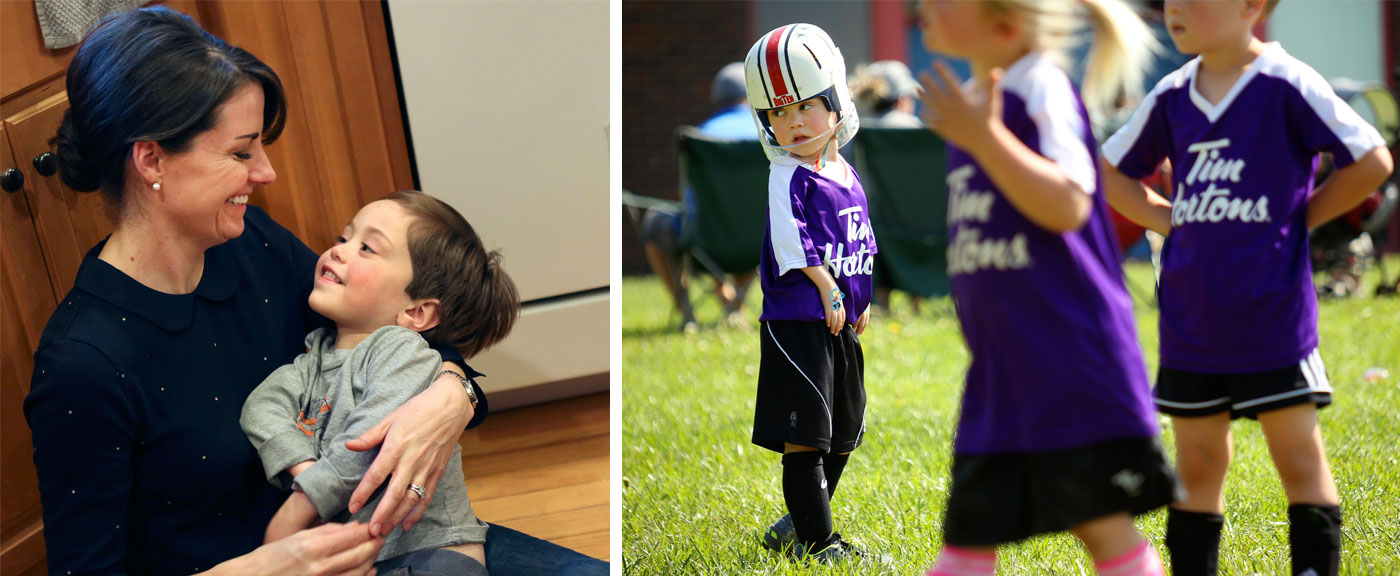
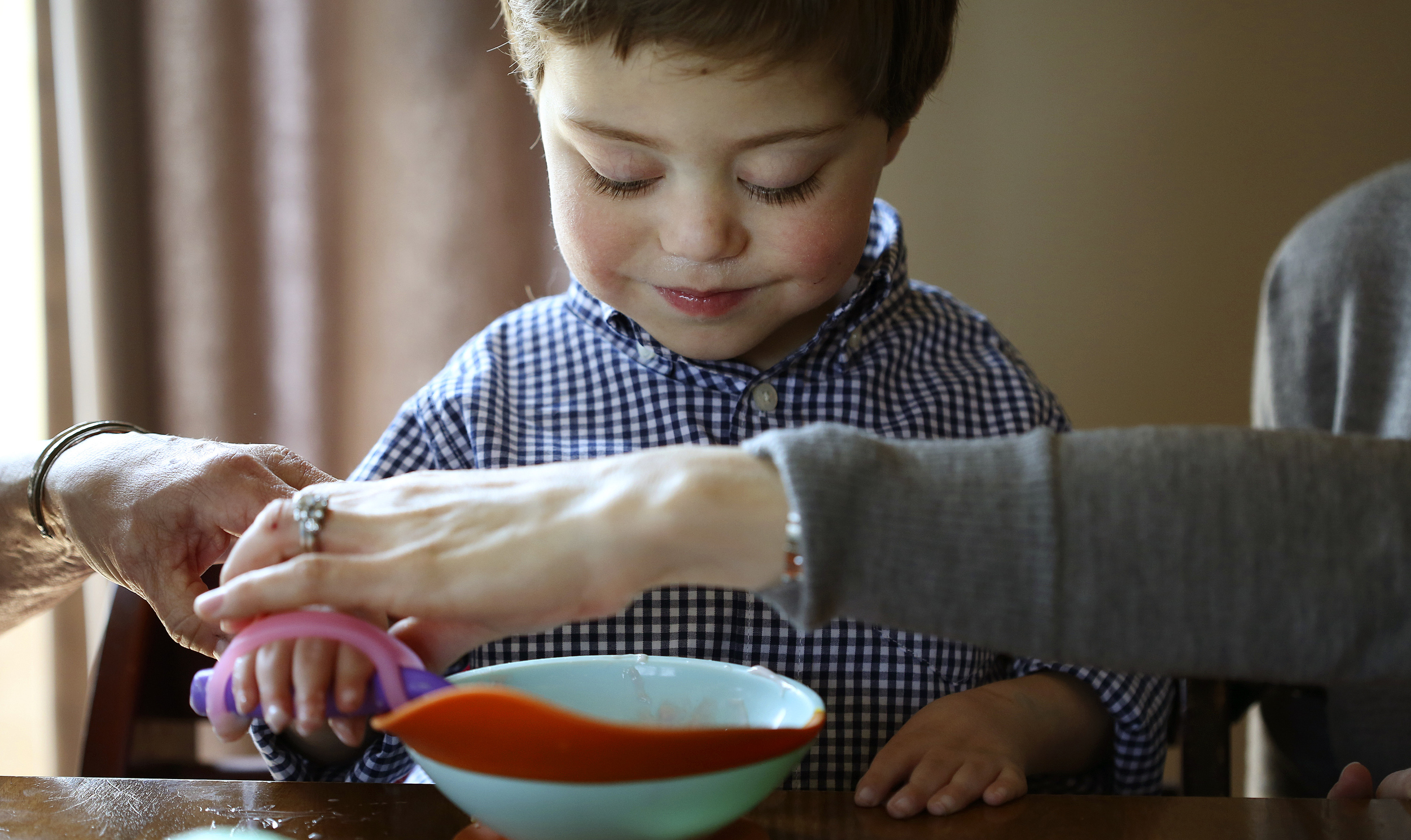
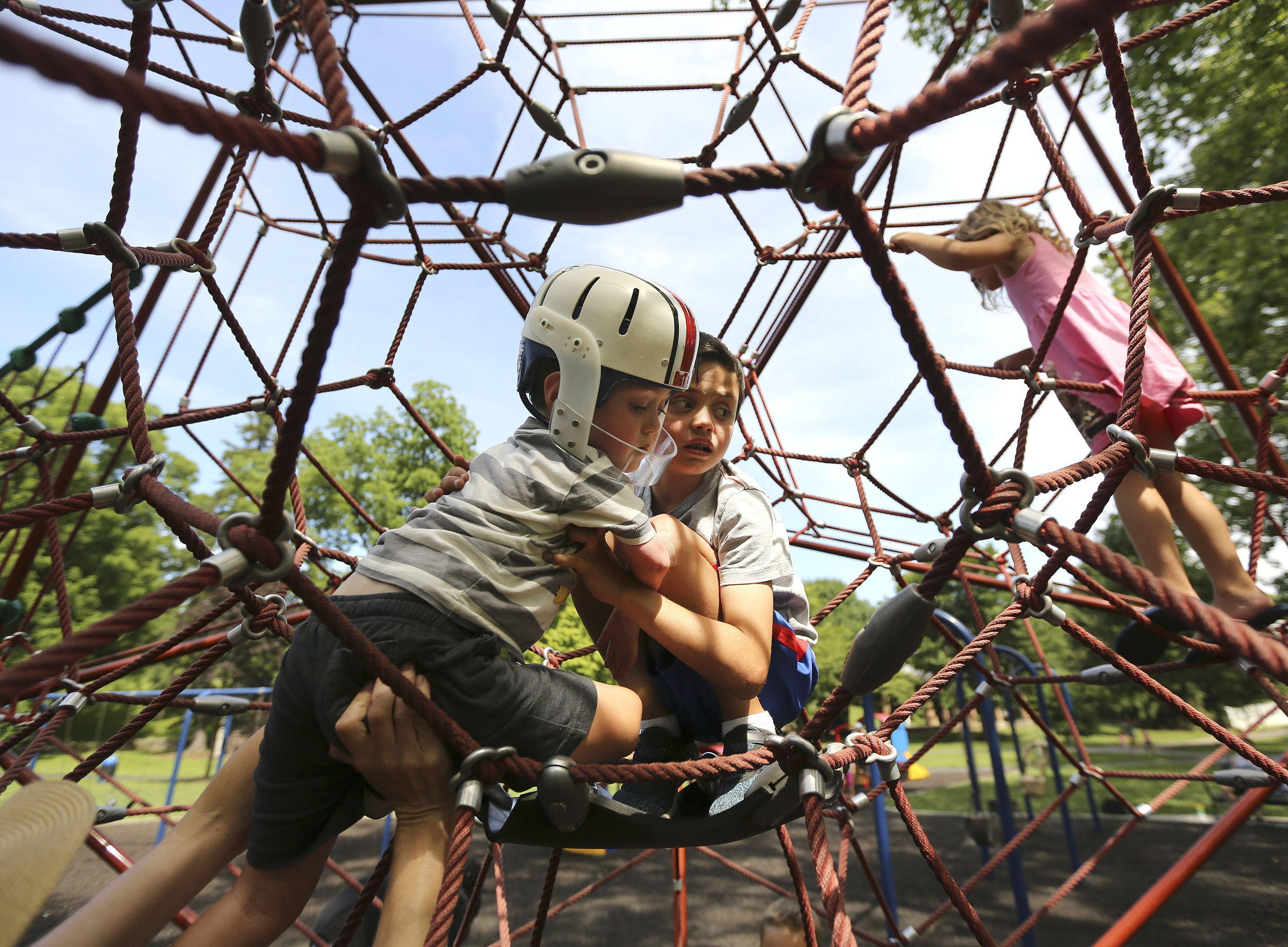
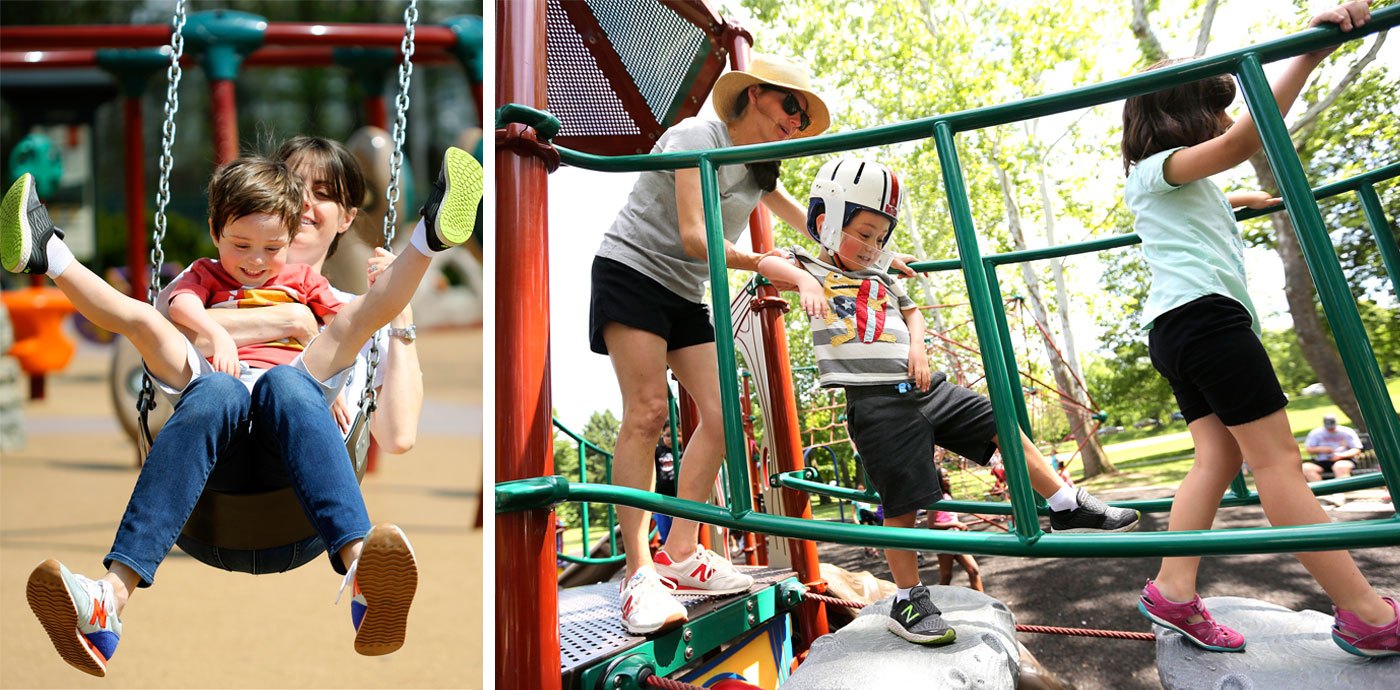
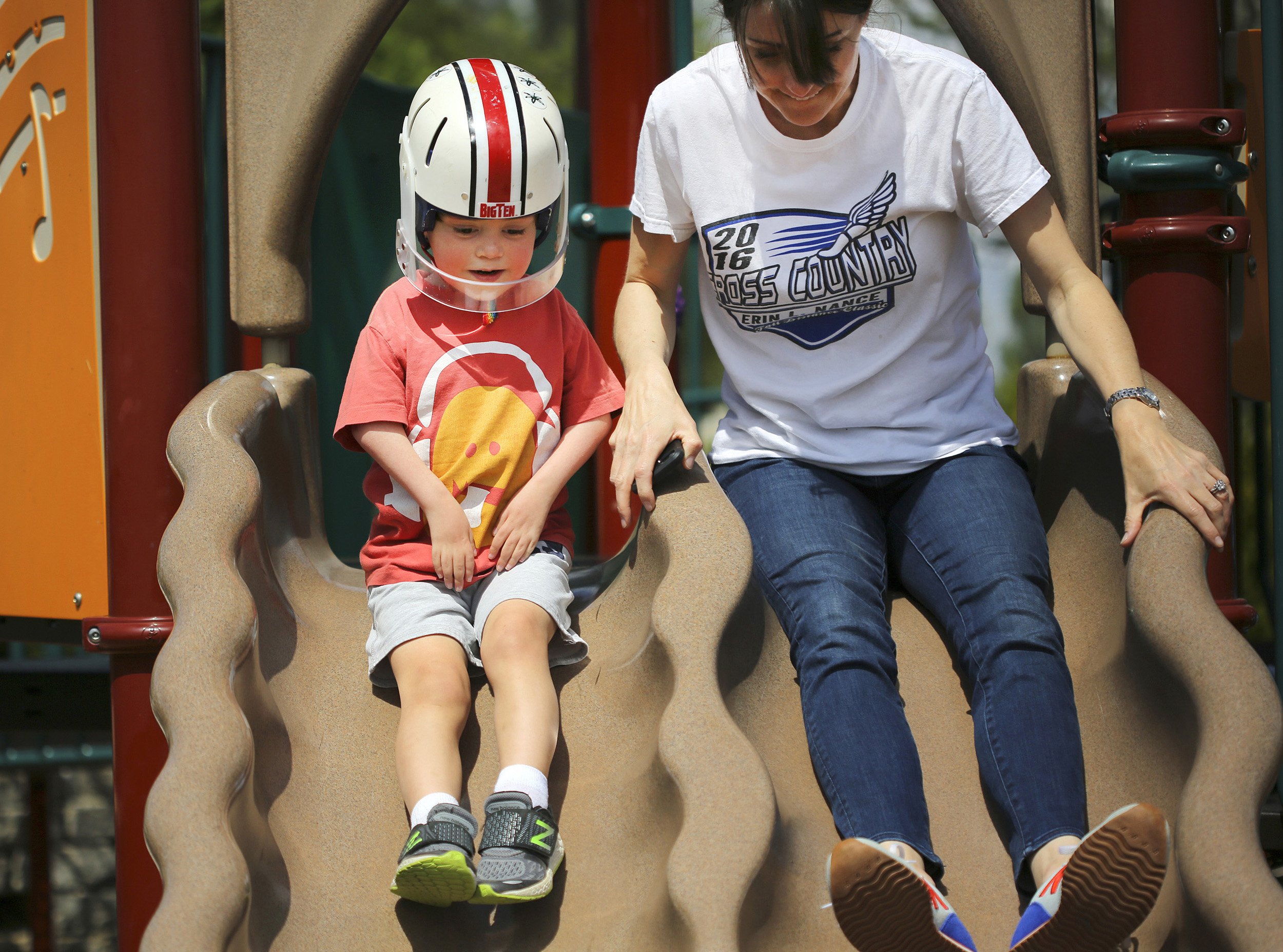
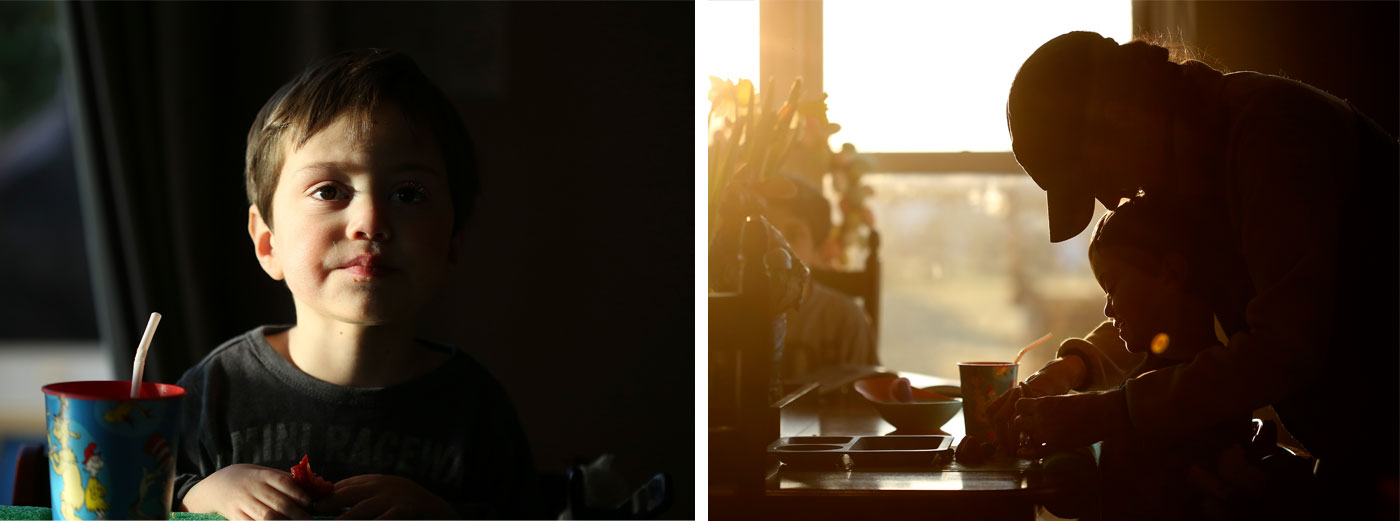
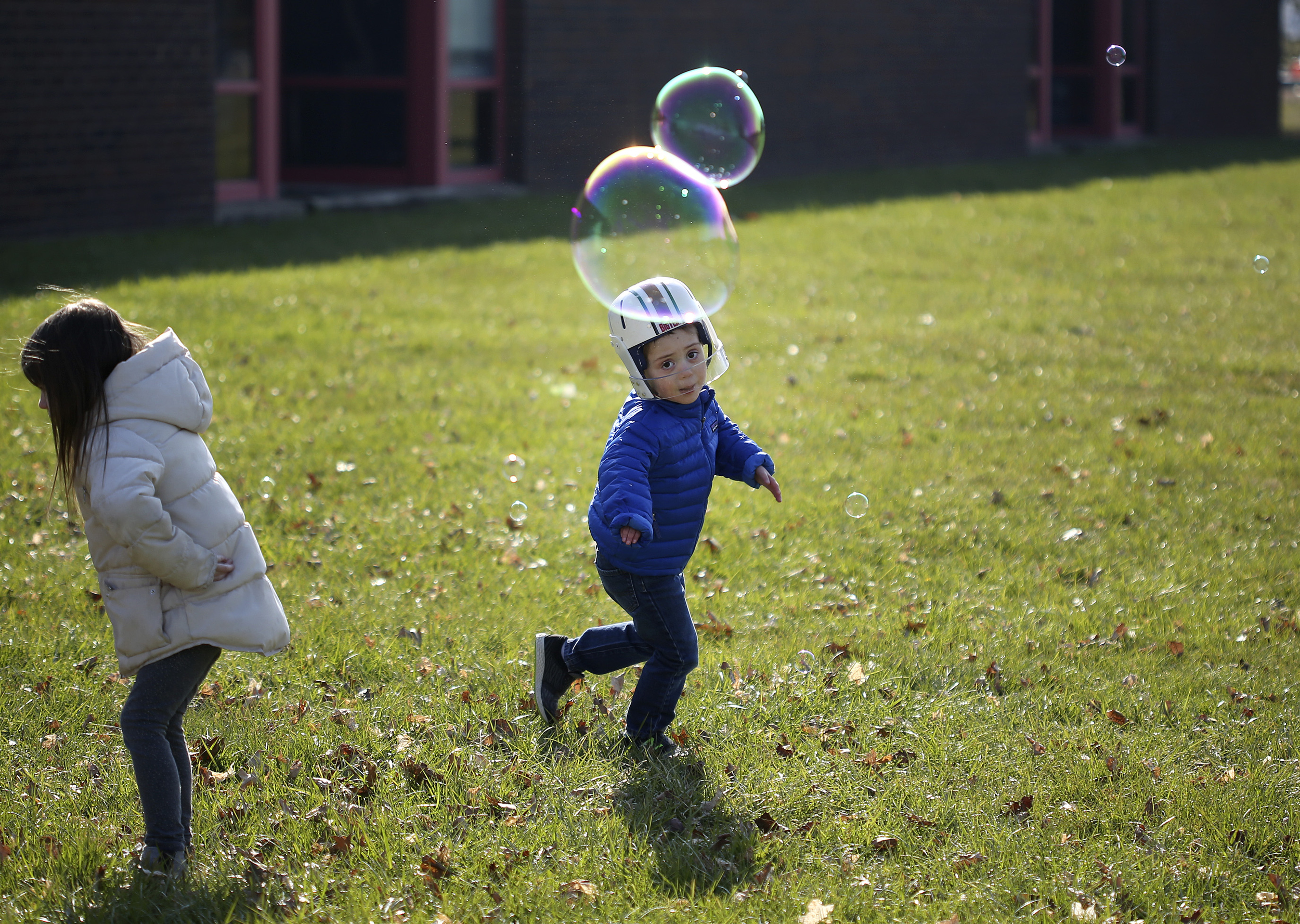
Striving for normal
When Marco was an infant, the Ranallis asked a specialist how others like him live. Her answer stunned them: We don’t really know of anyone quite like Marco. There are amputees, yes. And stroke victims often lose the use of an arm. But to have two limbs that are of little use, well, that means they navigate alone, seeking normalcy in a world where everyone else just wants to win. A world where brushing your own teeth or pulling up your own pants seems impossible, where eating dinner isn’t so simple, where slip-on shoes are the only ones you’ll ever know, and where cuddles must substitute for bear hugs.
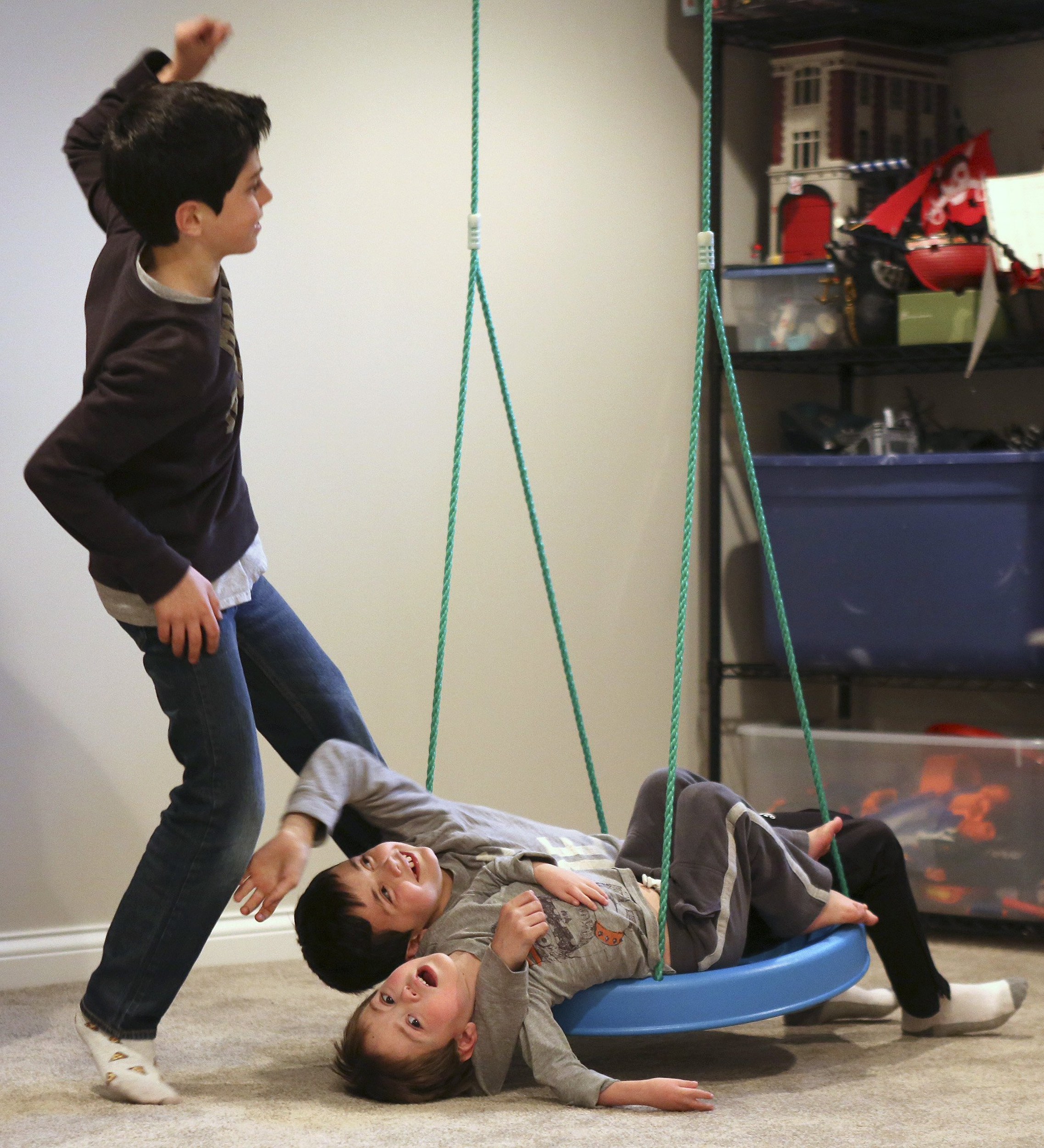
"In a world where everyone is looking for the eureka, the boom, the big splash, in the end all we're looking for is the normal and the mundane," says Mark, 55. "Those moments of independence. That’s all we want for him."
Everything requires engineering here. Amy, 40, calls it "MacGyvering." Every day, they find a new way to rig something up so that whatever simple task is at hand, Marco can accomplish it.
With no way to reach, a mop handle attached to a switch allows him to use his shoulder to turn on the light. He hooks his foot into stretchy cords attached to handles to open doors. A carved Gatorade bottle shoved onto the bathroom faucet shoots the water out, rather than down, so he can get his hands wet if he is standing on a stool.
At mealtime, after Marco uses his core strength to swing his arms up onto the table, a pool noodle provides cushion at the edge so he can lean over and eat the food he has pinched between his fingers or from a utensil strapped to his hand.
And though Marco, who chatters incessantly and sings almost as much (the Beatles "Hey, Jude" is a favorite), seems happy anywhere, his basement is his castle. He needed a safe place to play unsupervised (he wears a helmet outside to protect his head in case of a fall), so the family remodeled that space, putting toys on low shelves so he can reach them with his feet and installing extra-thick padded carpeting.
Marco started his second year of preschool at Souders Elementary last month, where he is learning to use a stylus attached to headgear to work on an iPad. At a session with school occupational therapist Christie Johnson-Stuber, he uses the device to search for pirates' treasure in a game. Sometimes, if he gets it wrong, a skeleton or some other scary image pops up.
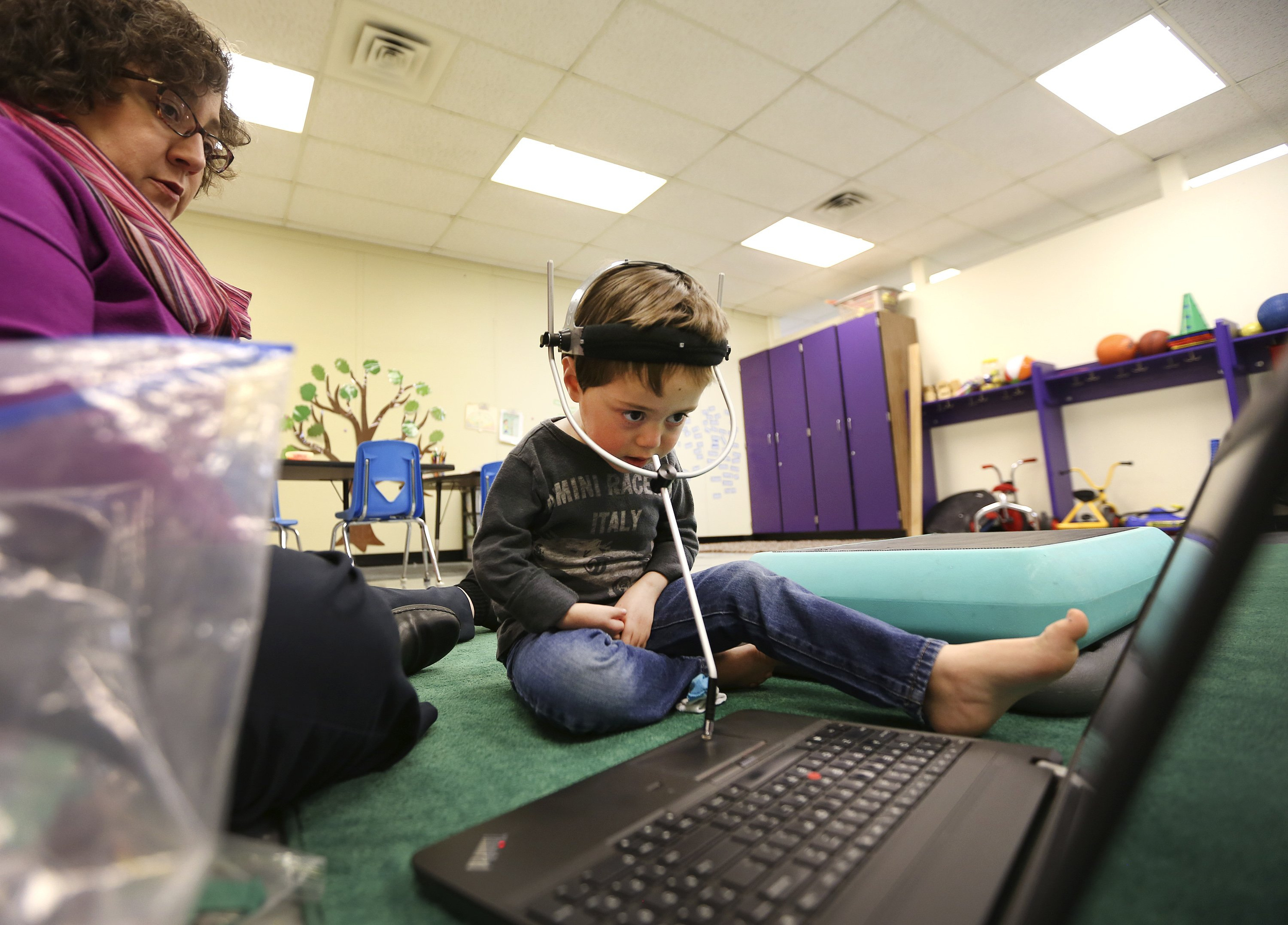
It's a bit of a struggle. The protruding gear still feels unnatural to him. And though Marco grows bored, he never seems frustrated. After spelling his name in a second exercise, he turns to Johnson-Stuber and tells her, "I was very brave at the pirate game!"
She smiles.
"Yes, Marco. Yes, you were."
Afterward, Johnson-Stuber says part of Marco's strength and independence is that no one, not at home or at school, coddles him. He adapts.
"Marco learned quickly that he needs to figure things out on his own," she says. "And he does."
Amy and Mark speak of Marco’s future with nothing but pride and expectations: He’ll live on his own, go to college, maybe be a doctor or lawyer, Mark predicts. But it has taken them awhile to get there. The challenge has tested their faith and, Amy admits, that bothers her maybe more than anything.
"It’s like God gave us a sheet of paper and said, 'Here’s your assignment,'" Amy says. "And we looked at the sheet of paper and it was blank."
But with each passing day, she sees more clearly what her family’s mission might be.
"We are changing attitudes, changing perceptions," Amy says. "We spend all the time filling Marco’s bucket and filling his bucket and filling his bucket with confidence and self-esteem … so that when the world dips into it, it will never empty."
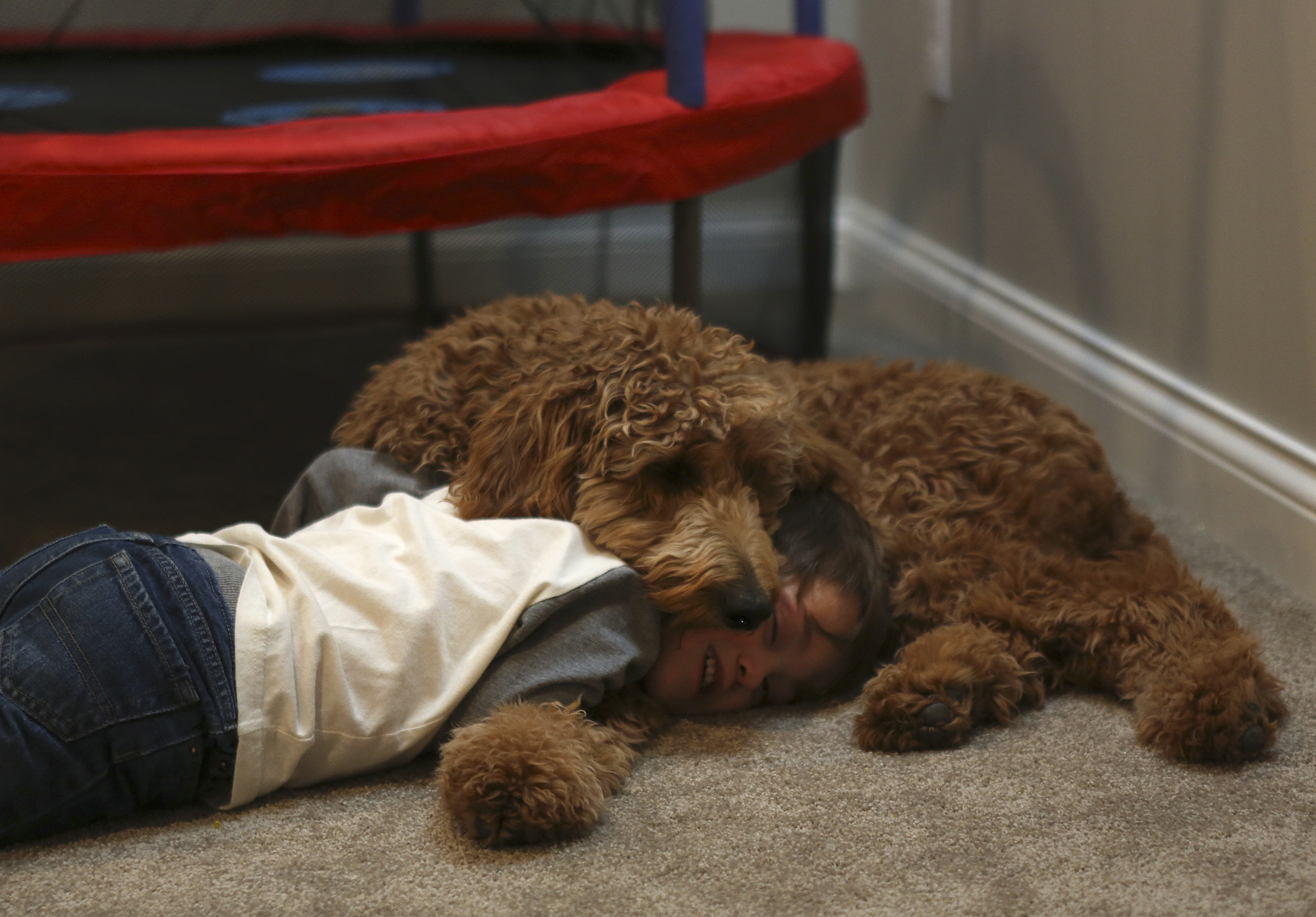
Not long after she says that, Marco, sprawled on his back on the kitchen floor and using one of the family’s two dogs as a pillow, belts out a song, unprompted. Hey, Jude. Don’t make it bad. Take a sad song and make it better … better, better, better, better.
